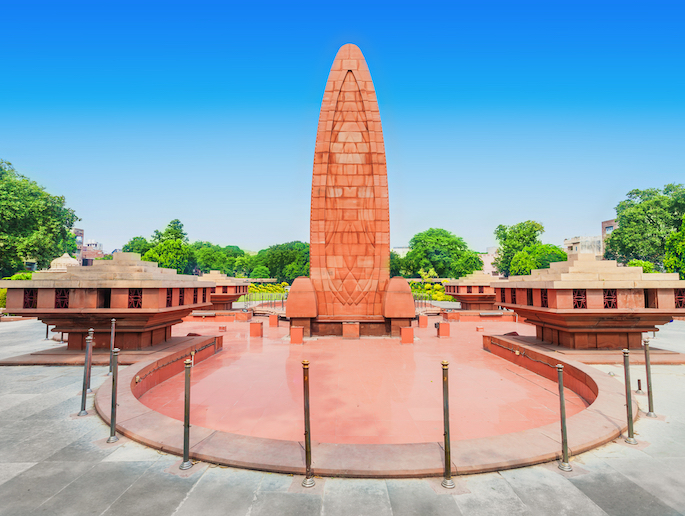How ‘savage warfare’ characterised violence and control in Western imperialism
The concept of savage warfare as a distinct military doctrine emerged during the high-point of European colonial expansion between the Berlin Conference of 1885 and the outbreak of the First World War. This was a period when the rules governing conflicts between ‘civilised’ powers were being inscribed in international law, yet no such rules were formulated on how these powers should militarily engage with ‘un-civilised’ peoples. Instead, colonial military practice dictated the use of extreme violence and force as ‘the only thing the natives understand’, a doctrine that lasted well into the 20th century. American and British case studies When compared to other imperial powers, colonial military campaigns undertaken by the United Kingdom and the United States are usually considered to have been moderated by cultural knowledge and the rule of law. Further research indicates that this is not entirely true. “Even today, the ‘savage warfare’ tactics employed by British and American colonial authorities are being read and hailed as successful models for 21st century counterinsurgency campaigns,” explains Marie Curie fellow Dr Kim Wagner. “One very infamous colonial-era military manual published in 1896 was even used by British and American troops in Iraq and Afghanistan following 9/11.” Using British colonial rule in India and American rule of the Philippines as two key case studies, Dr Wagner has shown how ‘savage warfare’ spread and evolved between the different powers. “The Americans in the Philippines very deliberately and clearly drew inspiration from British colonial experience in fighting Muslim ‘fanatics’,” says Dr Wagner. “The use of pigs’ blood by American troops was inspired by rumours of British practice in Singapore, which itself was sustained following British experiences in the North West Frontier (now part of Pakistan).” Reinterpreting the Amritsar massacre Dr Wagner points to one specific incident that will be marking its solemn centenary in 2019 – the April 1919 Amritsar massacre which saw British colonial troops open fire and kill hundreds of unarmed Indian civilians, an event recognised as kick-starting the Indian struggle for independence. “It was a defining moment of the British Empire but remains poorly understood,” says Dr Wagner. “The massacre was not simply a response to the feeling of imperial decline after 1918 but rather as the final stage of a much longer process – by examining the structural continuities of the Amritsar Massacre, we can re-envision the way we think about colonial violence across imperial formations. Indeed, the research goes beyond simply vilifying the British as racist bigots, and it does not delegitimise the Indian rioters as crazed, bloodthirsty ‘mobs’, rather it provides an even-handed analysis.” Whilst Dr Wagner’s work on Amritsar specifically aims to inform public debates during the centenary year, it is also part of a larger comparative examination of the British Empire’s post-First World War crisis, which saw unrest in India, Ireland and Egypt from 1916-1922. “As the centenaries of these events approach, it’s vital to understand the legacy of European colonialism. My research speaks directly to current political and public concerns regarding issues of modern warfare, and calls for reparations and official apologies for the crimes of empire,” he concludes.
Keywords
SAVAGE WARFARE, imperialism, colonialism, legacy, Amritsar, British Empire, India, Philippines



